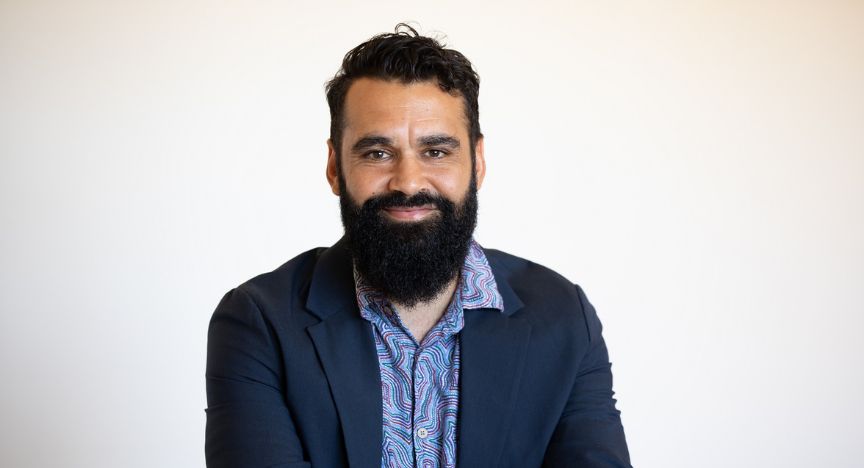
Central West residents have been urged to observe the upcoming Reconciliation Week by giving some thought to the challenges faced by Aboriginal and Torres Strait Islander peoples.
Reconciliation Week is observed nationally from 27 May to 3 June.
Central West Hospital and Health Service Executive Director of Aboriginal and Torres Strait Islander Health Dan Carter said Aboriginal and Torres Strait Islander people faced significantly greater health and social challenges than non-Indigenous peoples.
“While average life expectancy for Indigenous males and females is improving, it is still lower
than for non-Indigenous males and females but about eight years for each,’’ he said.
“The median age at death for Indigenous people is 61 years, while it is 80 years for non-
Indigenous.
“Closing the Gap in health and social welfare measures remains a major priority on the road to reconciliation nationally.
“This year’s National Reconciliation Week theme is – ‘Be a Voice for Generations’.
“The aim is to encourage all Australians to be a voice for reconciliation in tangible ways in our
everyday lives – where they live, work, and socialise.
“I would hope that National Reconciliation Week might lead to a greater understanding of the issues facing young Aboriginal and Torres Strait Islanders, as well as a greater appreciation for and understanding of Indigenous culture in general.
“Reconciliation is everyone’s responsibility, and it is something we take very seriously in our
health service.
“We are strongly committed to improving our services for Aboriginal and Torres Strait Islander
residents and to delivering them in culturally appropriate ways.
“An indication of our health service’s commitment to reconciliation is my own appointment in 2021 as the first Executive Director of Aboriginal and Torres Strait Islander Health, as well as the establishment of our Aboriginal and Torres Strait Islander Health Unit in mid-2019.
“And, of course, in November last year, we launched our historic Central West First Nations
Health Equity Strategy.
“Our strategy is designed to improve health and equity outcomes in partnership with our First
Nations communities and was codesigned with the community, health professionals and other key stakeholders in the region.
“But this strategy can only succeed if we harness the expertise and wisdom of our local community through ongoing meaningful engagement and consultation.’’
Mr Carter said Closing the Gap was not something that could be done by the public health system alone because the reasons for poor life-expectancy were complex.
“Community backing is vital to achieving better health outcomes and this requires us to have an
understanding and respect of cultural differences and needs, and a commitment to applying this understanding across all areas of the health service,’’ he said.
“For instance, about eight per cent of our residents in the Central West, identify as Aboriginal or Torres Strait Islanders, with the greatest proportion amongst people aged up to 14 years.
“Given the young age of many of our Aboriginal and Torres Strait Islander residents, we also must be able to resonate with and connect with young people, quite separately from older First Nations men and women.
“Communicating appropriately and effectively with this younger demographic is one of the priorities of our First Nations Health Equity Strategy.’’
Mr Carter said the National Reconciliation Week dates of 27 May and 3 June commemorated two
significant milestones in the reconciliation journey— the successful 1967 referendum, and the High Court Mabo decision.
“That’s less than two generations since Aboriginal and Torres Strait Islander peoples were given equal rights with the rest of Australians and less than a generation since Native Title was recognised,’’ he said.
“That hasn’t been long enough to overcome two centuries of marginalisation, so we still have some way to go, with all of us – Indigenous and non–Indigenous – working together to Close the Gap and to achieve reconciliation and understanding.’’
* As part of National Reconciliation Week, Central West Health is offering free 715 Aboriginal and Torres Strait Islander health checks with morning tea provided at Iningai Health Arcade in Eagle St, Longreach, from 9 am to 4 pm on 31 May and at Barcaldine Hospital Consult Rooms, 25 Oak St, from 9 am to 4 pm on 2 June. Bookings on 0419 714 995
* For more information about National Reconciliation Week, visit:
https://www.reconciliation.org.au/national-reconciliation-week/